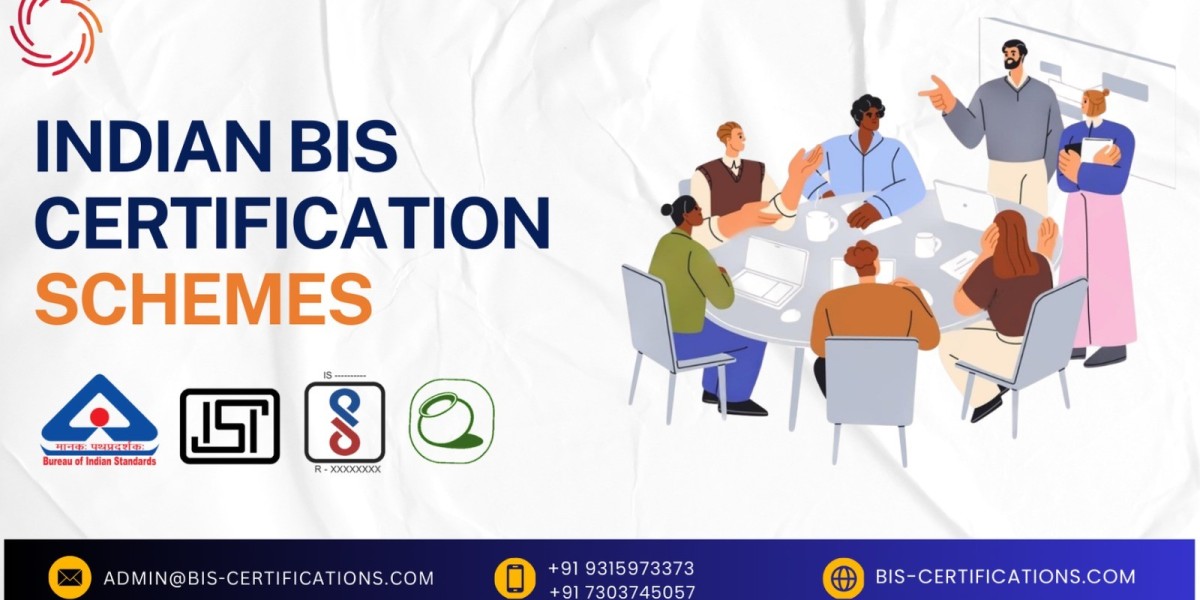Introduction
In India’s regulated and quality-driven market, complying with mandatory product standards is essential for any business that intends to manufacture, import, or sell products across industries. One of the most significant requirements for ensuring product safety, durability, and reliability is BIS Certification. This certification, issued by the Bureau of Indian Standards (BIS), serves as an official proof that a product meets the Indian Standard (IS) specifications applicable to its category. Whether you are a domestic manufacturer or an international brand entering the Indian market, BIS approval is often mandatory for operational success.
This blog provides a complete breakdown of BIS Certification, the BIS Certification Cost, and the BIS Certification Process, helping you understand how to achieve compliance efficiently and avoid regulatory delays.
What is BIS Certification?
BIS Certification is an officially recognized assurance that a product meets quality, safety, and performance standards as outlined by the Bureau of Indian Standards. It is mandatory for various product categories, including:
Electronics and IT devices
Household appliances
Steel and metal products
Cement
Batteries
Pressure cookers
LED products
Electrical equipment
Chemicals and more
Products that fall under the mandatory list must obtain BIS Certification before being sold in India. This certification not only demonstrates product credibility but also protects consumer interest by ensuring quality and safety.
Why BIS Certification is Important for Businesses
BIS Certification offers multiple advantages for manufacturers, importers, and retailers:
1. Legal Compliance
Products listed under the mandatory BIS scheme cannot be sold without certification. Non-compliance can result in penalties, seizures, and legal consequences.
2. Enhanced Market Trust
Customers trust products carrying the BIS Mark as a symbol of safety and reliability. This builds brand reputation and increases consumer confidence.
3. Competitive Advantage
Certified products have higher chances of being approved by distributors, wholesalers, government bodies, institutional buyers, and large retailers.
4. Hassle-Free Import & Distribution
Importers and foreign manufacturers benefit greatly from BIS approval, as it makes customs clearance and distribution smoother.
Understanding the BIS Certification Process
The BIS Certification Process involves several systematic steps to ensure that the product complies with the relevant Indian Standards. Although the steps may vary slightly depending on the certification scheme (ISI, CRS, or FMCS), the general process follows these stages:
Step 1: Identification of Product Standard
The first step is determining the exact Indian Standard (IS) applicable to your product. BIS has different standards for different product categories.
Step 2: Application Preparation
The manufacturer prepares all required documents such as:
Factory license
Manufacturing layout
Quality control details
Raw material test reports
Product specifications
Any missing or incorrect documentation can delay approval.
Step 3: Product Testing
Products must be tested in a BIS-recognized laboratory. Tests verify:
Durability
Performance
Electrical safety
Chemical content
Mechanical strength
Efficiency
The lab issues a detailed test report used in the application.
Step 4: Factory Inspection (for ISI & FMCS)
BIS officers visit the manufacturing unit to verify:
Quality control systems
Production capability
Machinery and equipment
In-house testing facilities
This step ensures products are consistently manufactured as per BIS norms.
Step 5: Application Submission
All documents, test reports, and fees are submitted to BIS for evaluation.
Step 6: Grant of License
If the product meets all standards and factory conditions satisfy BIS requirements, the BIS license is issued. Manufacturers can now use the BIS Standard Mark on their products.
BIS Certification Cost Explained
The BIS Certification Cost varies depending on several factors. While there is no fixed cost applicable for all products, the major cost components include:
1. BIS Application Fees
This includes basic application fees, license fees, and processing charges.
2. Product Testing Fees
Testing fees depend on:
Product type
Number of tests required
Complexity of standards
Lab chosen
Testing fees can range from moderate to high depending on the product category.
3. Inspection Charges
For schemes like ISI and FMCS, BIS inspectors visit the factory. Inspection fees typically include:
Travel
Inspection time
Documentation review
4. Marking Fee
This is an annual fee based on the quantity of products manufactured or imported. The marking fee varies for each product category.
5. Consultant Support (Optional But Helpful)
While optional, expert assistance often ensures:
Faster approval
Proper documentation
Error-free filing
Smooth coordination with BIS
Considering these elements, BIS Certification Cost can differ for every manufacturer. Proper planning helps minimize delays and unnecessary expenses.
Conclusion
Achieving BIS Certification is an essential requirement for any business that wants to sell regulated products in the Indian market. Understanding the BIS Certification Process, complying with applicable standards, and preparing for testing and inspections can help manufacturers obtain certification without hurdles. Although the BIS Certification Cost varies based on product and requirements, it is a valuable investment that boosts product credibility, ensures safety, and enhances consumer trust.
For expert guidance and smooth BIS approval support, businesses can rely on professional compliance experts at sunconsultants.co.in .








